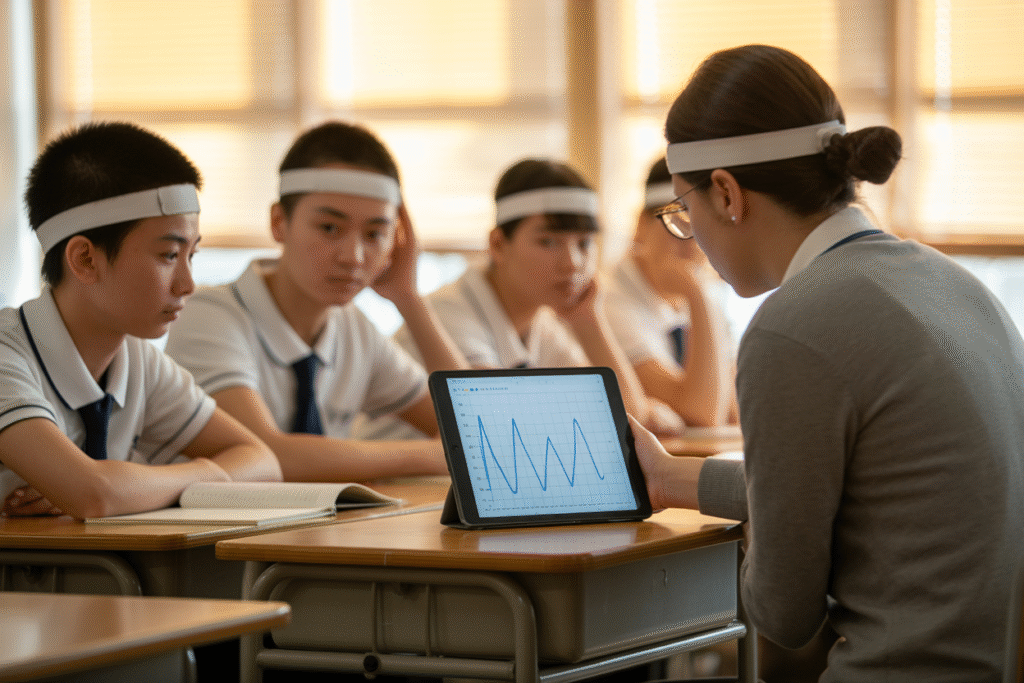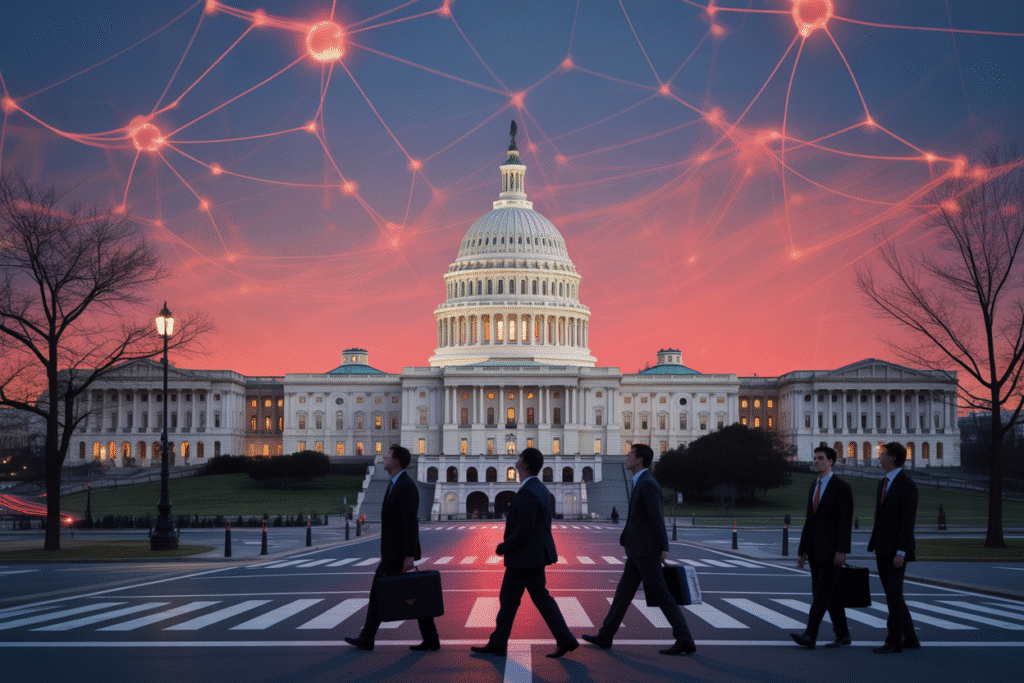From brain-wave headbands to real-time focus scores, China’s AI classrooms are rewriting childhood—and the world is watching.
AI politics isn’t just about election deepfakes or campaign bots—it’s quietly reshaping how our kids learn. In the past hour alone, five explosive posts ignited debate on everything from Chinese surveillance classrooms to the ethics of predictive policing in schools. Let’s unpack the most share-worthy story before it trends out of sight.
Inside China’s Surveillance Classroom
Imagine walking into a classroom where every blink, yawn, and heartbeat is logged by an invisible algorithm. That future isn’t sci-fi—it’s happening right now in pilot schools across China. Facial-recognition cameras track eye movement, brain-wave headbands measure focus, and the data is instantly sent to government dashboards. Teachers receive real-time alerts when a student zones out, while parents get nightly “focus scores” on their phones. The official line? Personalized learning that nurtures independent thinking. The reality? A silent ledger of childhood emotions that never forgets. Critics call it a high-tech panopticon; supporters claim it’s the only way to keep China competitive in the global AI race. Either way, the stakes are enormous—because if this model spreads, privacy may become the first casualty of better grades.
How the World Reacts to AI in Schools
While China doubles down on data-driven discipline, other nations are taking radically different paths. The United States relies on a patchwork of private ed-tech startups, promising AI tutors that adapt to each child’s pace—yet funding gaps mean only affluent districts reap the benefits. The European Union, haunted by memories of authoritarian surveillance, is drafting strict “ethics-first” regulations that slow deployment but prioritize student rights. South Korea tried a national AI textbook initiative, only to shelve it after furious parents and teachers protested the loss of human oversight. Each approach reveals a deeper question: should classrooms prepare kids for a world run by algorithms, or teach them to question those very systems? The answer will shape not just test scores, but the kind of democracies our children inherit.
The Fork in Tomorrow’s Classroom
So what happens if China’s model goes global? Picture a planet split into two educational spheres: one where kids learn under gentle, human-centric guidance, and another where every childhood moment is mined for data. The geopolitical implications are staggering—countries that master surveillance ed-tech could dominate future workforces, while those that protect privacy risk falling behind. Meanwhile, parents everywhere face an impossible choice: surrender privacy for academic edge, or gamble on ethics and hope for the best. The debate is no longer theoretical; it’s in our feeds, our legislatures, and soon our children’s backpacks. Want to join the conversation? Share this article, tag an educator, and help decide which future our kids deserve.


